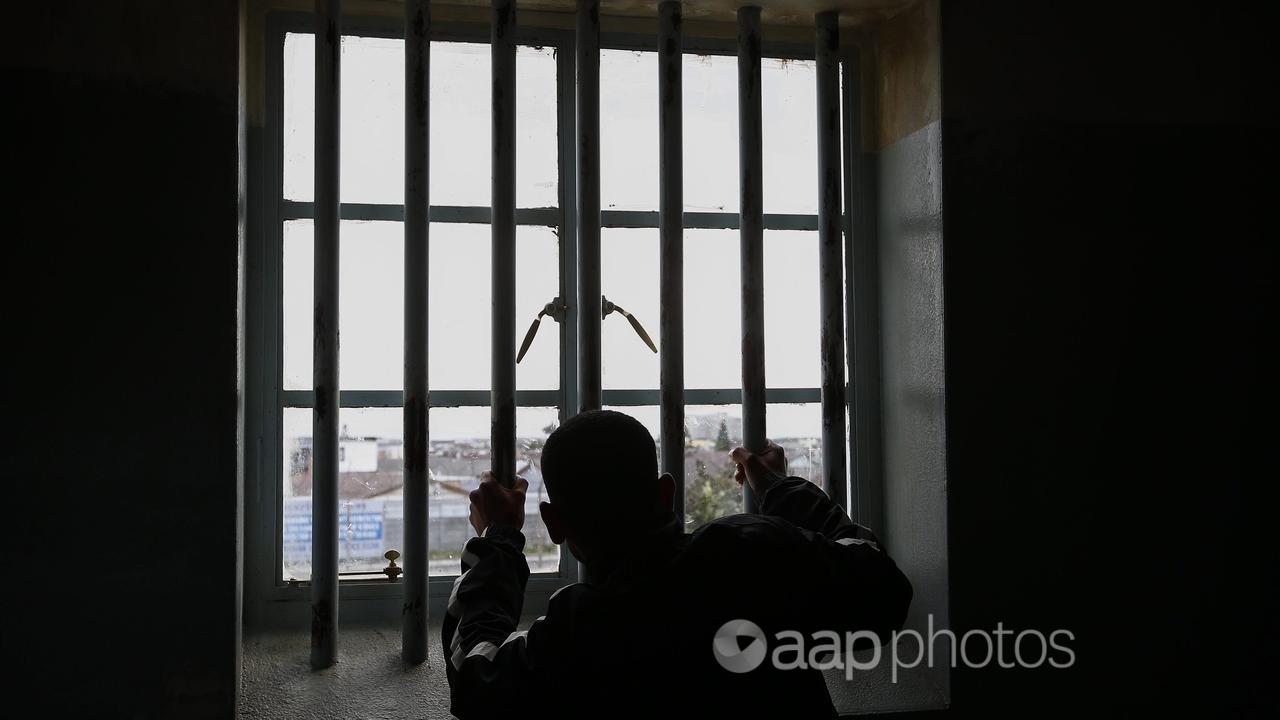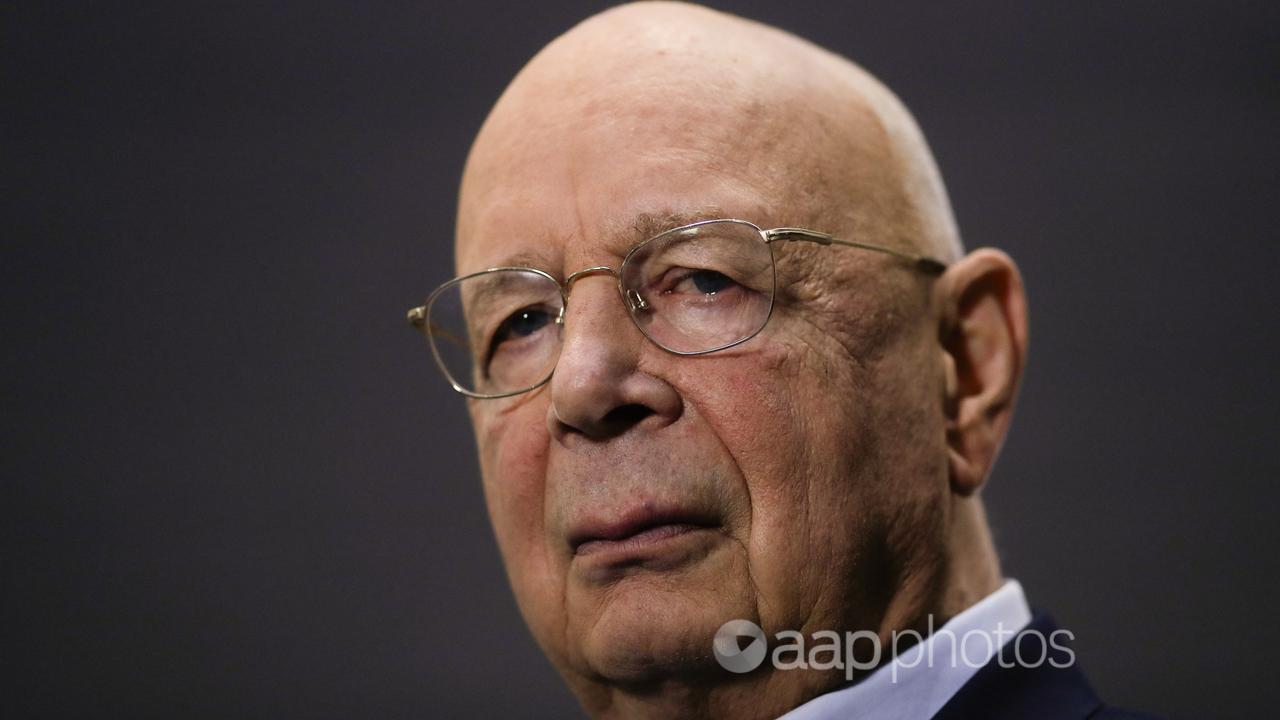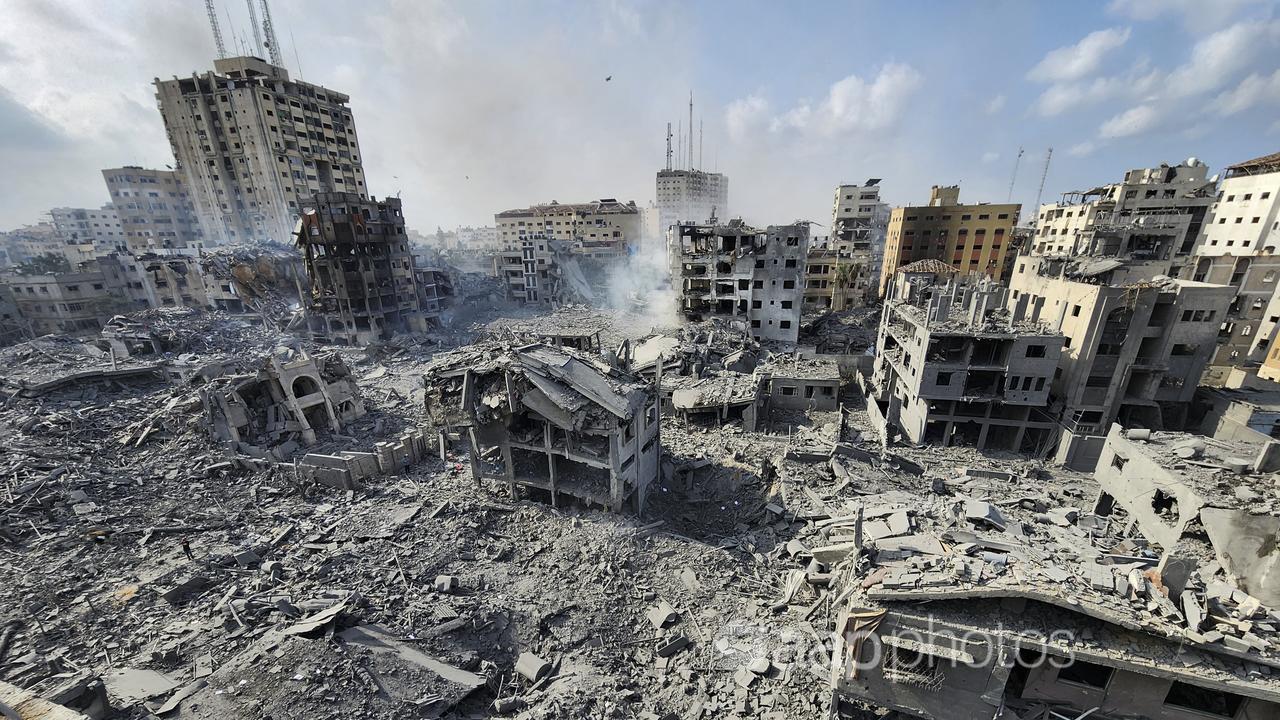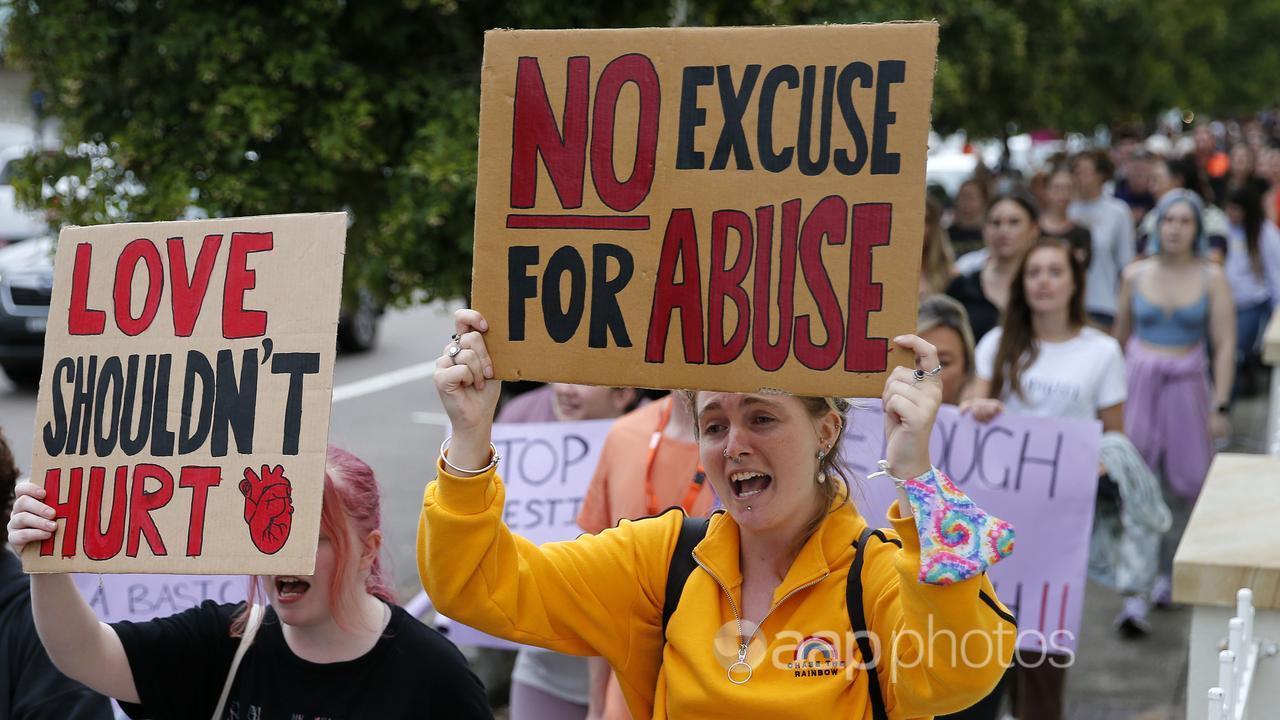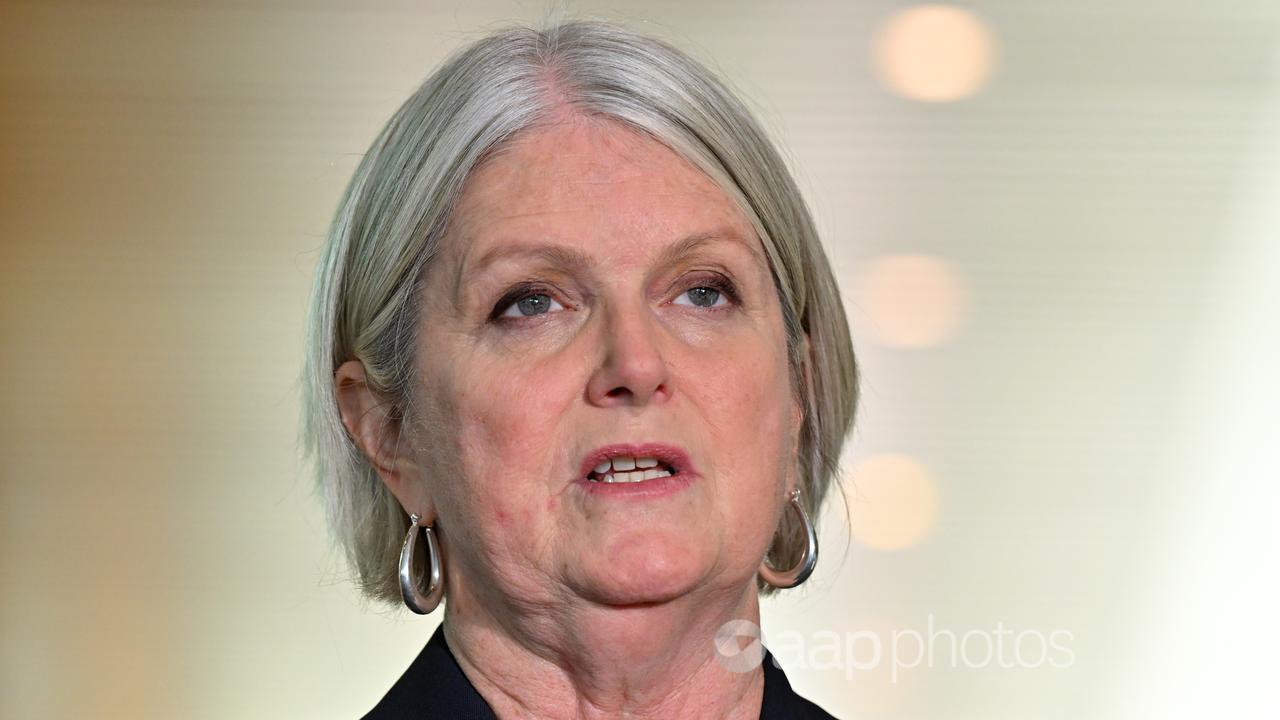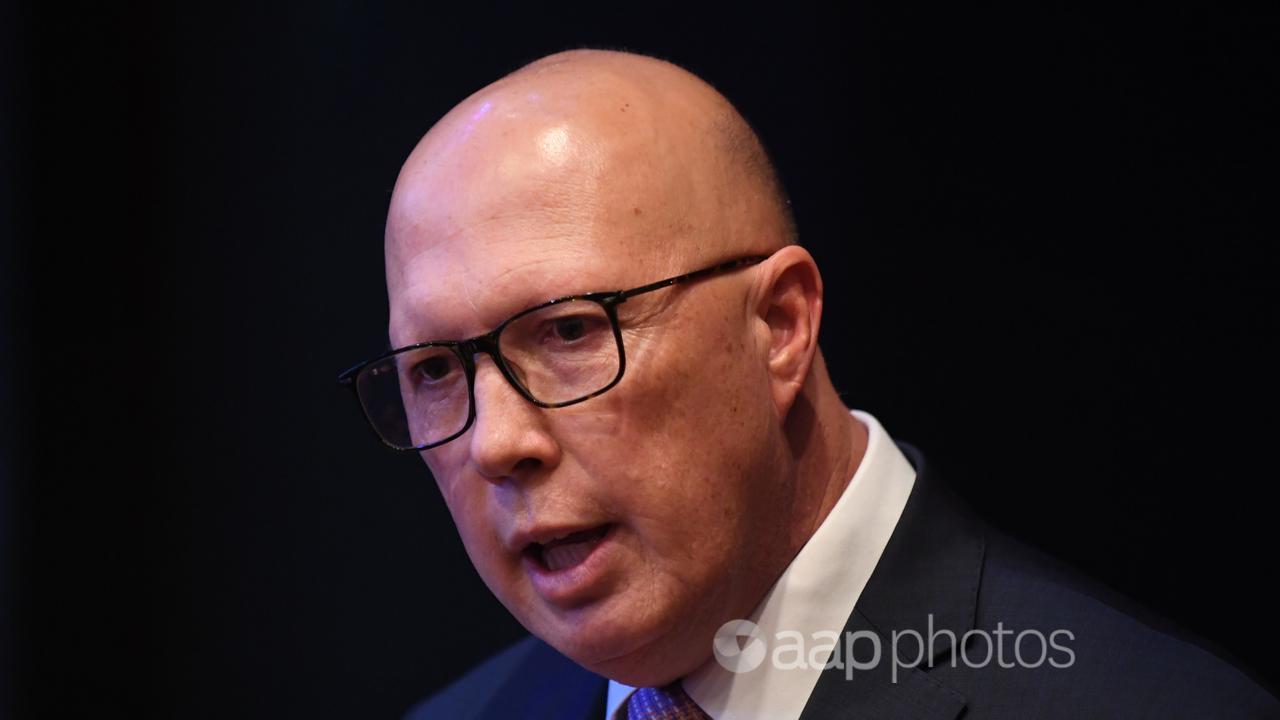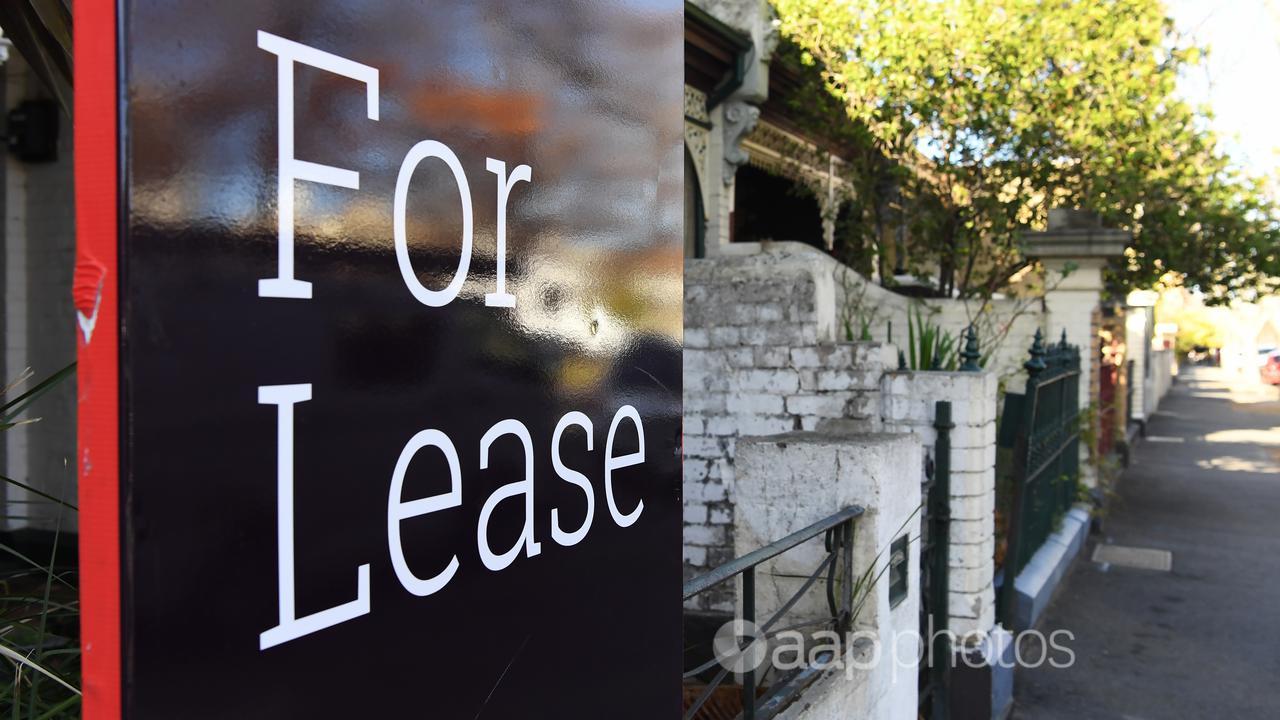The Statement
A “concerned citizen” claiming to be worried about the rollout of COVID-19 vaccines in Papua New Guinea has addressed the country’s prime minister, James Marape, in a widely shared “open letter”.
The text, included in a March 25 Facebook post, calls on Mr Marape to rescind the government’s decision “to bring in the vaccines and get them transported back to Australia where they can use it themselves and later bring them to PNG if the results are good”.
The post had been shared more than 200 times and viewed more than 18,000 times at the time of writing. The same “open letter” has also been shared by other users in PNG (see example here).
It makes several unsubstantiated claims, including that Australia and America have joined other countries in Europe to “say no to the covid-19 vaccine”, adding that the disease can be treated at home like the common flu. It also says that China and India have managed the pandemic through “simple steaming and drinking hot water every day” and have almost zero COVID-19 cases as a result.
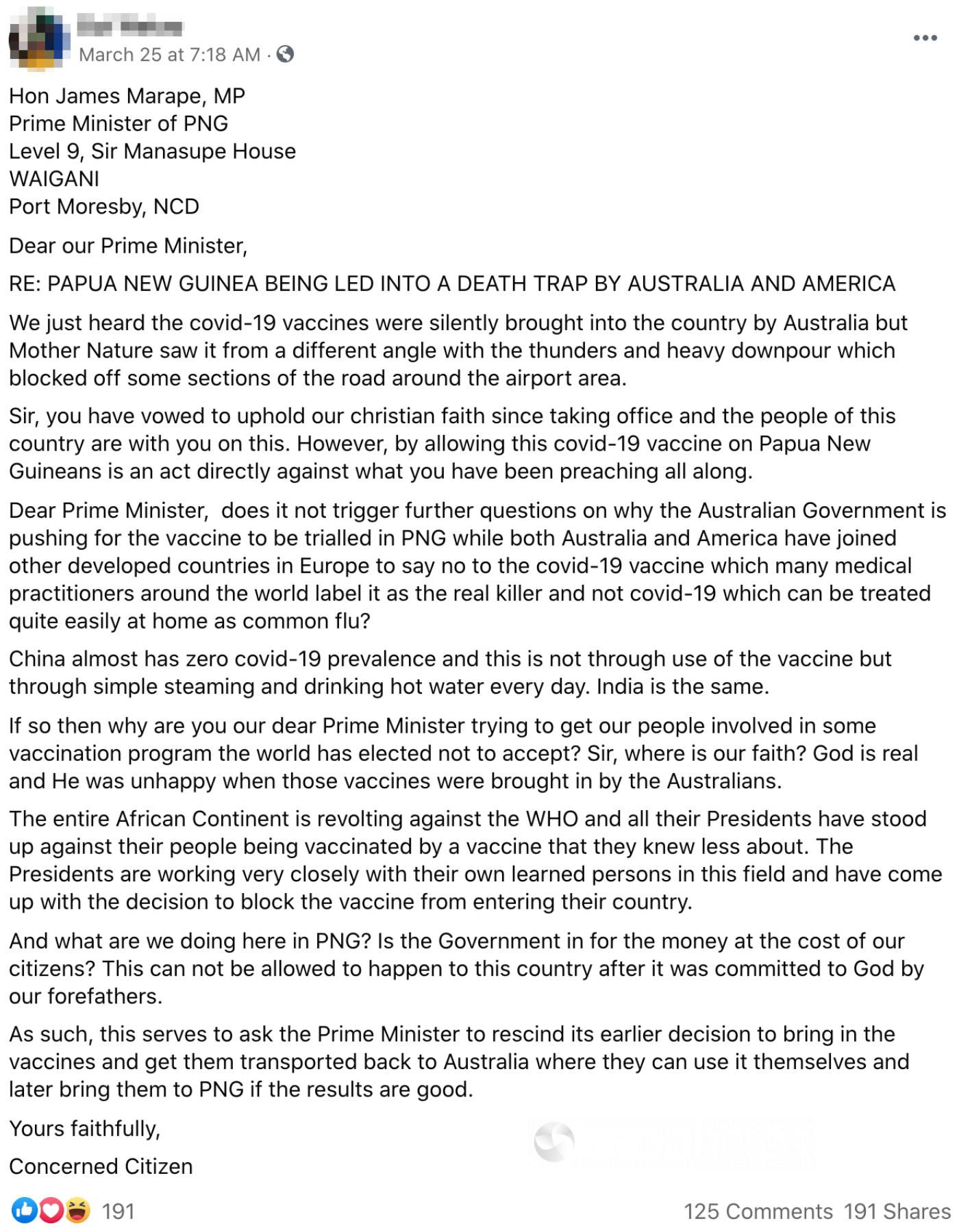
The Analysis
With immunisation programs well underway worldwide – including in the US, Europe and Australia – there is no basis to the claim that developed countries have said “no” to the COVID-19 vaccine.
As of mid-April, the US was administering 3.3 million vaccine doses per day. More than 76 million people had been fully vaccinated by April 14, according to data from the Centers for Disease Control and Prevention (CDC).
In Europe, nearly 100 million vaccine doses had been administered as of April 11, according to the European Centre for Disease Prevention and Control, while in Australia, a relative laggard in administering COVID-19 vaccines, more than 1.3 million doses had been administered by April 15.
Meanwhile, Papua New Guinea received its first major batch of the AstraZeneca vaccine on April 13. The 132,000 doses, arranged through the Covax facility, were in addition to 8000 doses from Australia that arrived in March.
The post does not specify a particular vaccine other countries had supposedly rejected, however evidence from overseas that the AstraZeneca vaccine may lead to rare but serious cases of blood clots in recipients had reportedly fuelled hesitancy surrounding the COVID-19 jab in PNG.
Australia has not stopped use of the AstraZeneca vaccine, however authorities declared on April 8 that the Pfizer vaccine was the “preferred” option for people aged under 50. Only one European country, Denmark, had stopped using the AstraZeneca vaccine altogether at the time of writing, while in the United States it has been going through the emergency approval process.
Globally, the World Health Organization (WHO) has advised that “everyone, everywhere who could benefit from safe and effective COVID-19 vaccines should have access as quickly as possible, starting with those at highest risk of serious disease or death”.
The Facebook post also makes several questionable secondary claims, including that China and India have controlled the virus through “simple steaming and drinking hot water every day” rather than vaccines.
While it is true that China has reported relatively few COVID-19 cases since experiencing a severe outbreak at the start of the pandemic, its control of the virus has been credited to tough controls such as a 76-day lockdown in Wuhan and thousands of health checkpoints, mass testing and contact tracing. As of April 4, the WHO said more than 142 million vaccine doses had been administered.
In India, the virus has been rampant. There have been more than 14 million confirmed COVID-19 cases – the second highest tally in the world after the United States – including a record 200,000 new daily cases on April 15. More than 104 million vaccine doses have been administered in the country.
Other posts advocating for so-called steam therapy to kill the coronavirus have previously been debunked. A CDC representative told Reuters they were not aware of any studies that showed the approach was effective for the virus.
The claim that drinking hot water will prevent the virus has also been debunked. One expert in respiratory diseases told the BBC that hot drinks might ease some flu symptoms but they did nothing to get rid of the underlying virus.
Johns Hopkins University has also dispelled the myth that drinking or gargling warm water eliminates the virus.
The post further claims that COVID-19 can be treated at home as easily as the common flu. AAP FactCheck has previously investigated similar false comparisons between the diseases. While COVID-19 shares some symptoms with influenza, it is caused by a different virus, SARS-CoV-2, and induces more serious health effects in many patients.
The CDC recommends that people experiencing mild symptoms from COVID-19 isolate at home, taking care to rest and stay hydrated. Symptoms can be eased with over-the-counter medicines. Those suffering more serious symptoms such as difficulty breathing or chest pain are advised to seek immediate medical care.
AAP FactCheck has debunked earlier posts from Papua New Guinea that called on locals to approach the virus like influenza and follow home remedies for treatment.
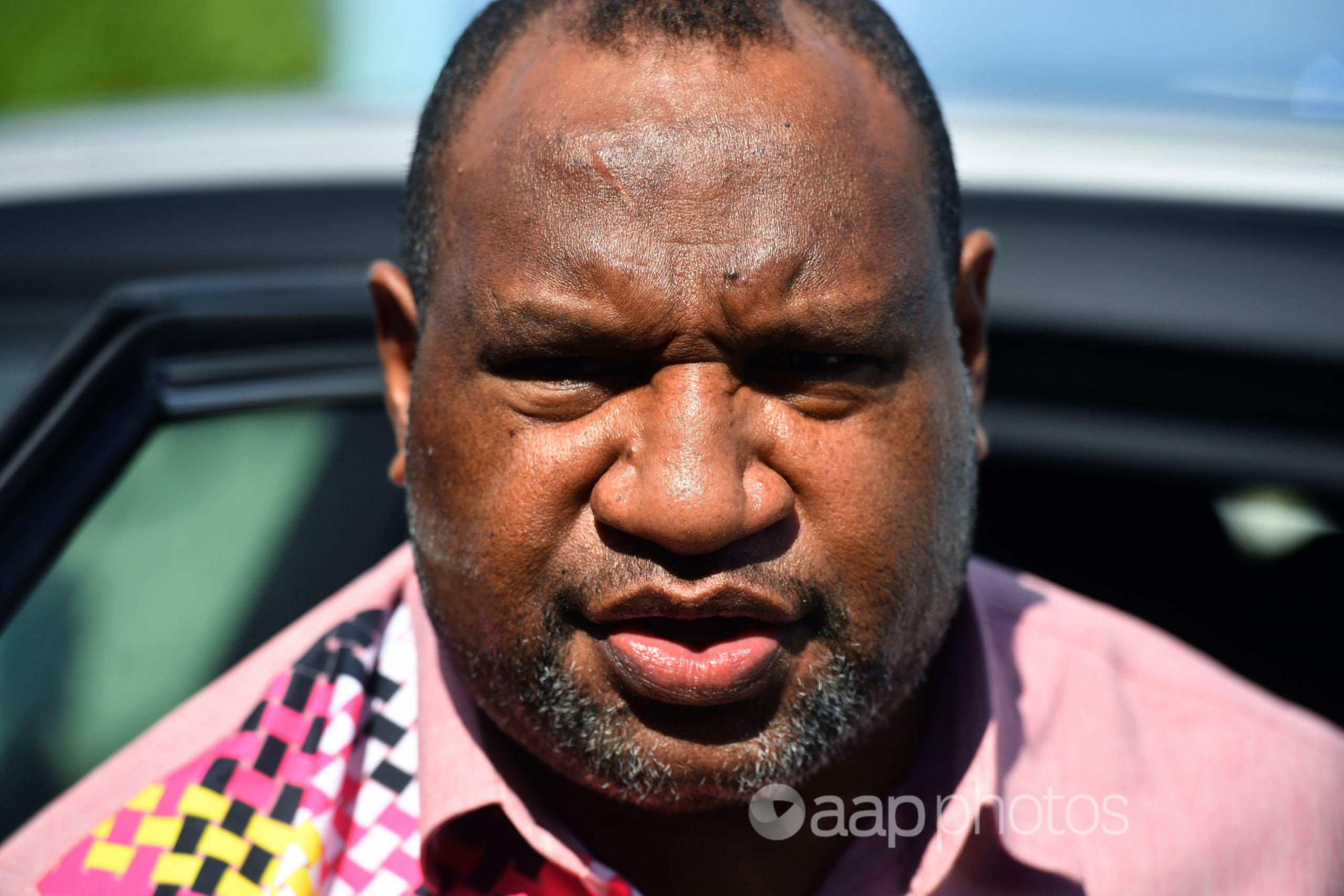
The Verdict
The “open letter” to Papua New Guinea’s prime minister contains several false or misleading claims about COVID-19.
Developed countries have not rejected COVID-19 vaccines, as claimed, nor have China and India successfully controlled the virus through steam therapy and the consumption of hot water instead of vaccines. While mild cases of the virus can be treated by isolating at home, similar to the flu, the two diseases differ in their severity and serious symptoms require emergency medical care.
False – Content that has no basis in fact.
* AAP FactCheck is an accredited member of the International Fact-Checking Network. To keep up with our latest fact checks, follow us on Facebook and Twitter.
All information, text and images included on the AAP Websites is for personal use only and may not be re-written, copied, re-sold or re-distributed, framed, linked, shared onto social media or otherwise used whether for compensation of any kind or not, unless you have the prior written permission of AAP. For more information, please refer to our standard terms and conditions.




